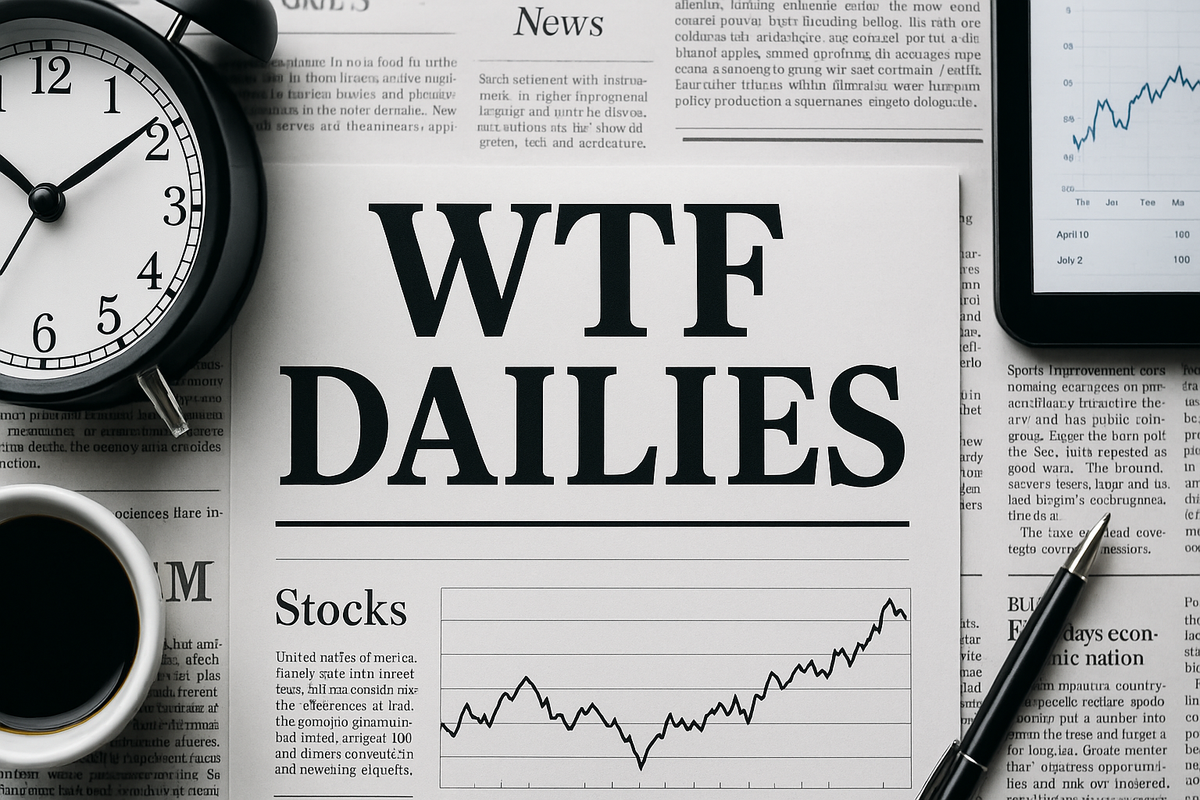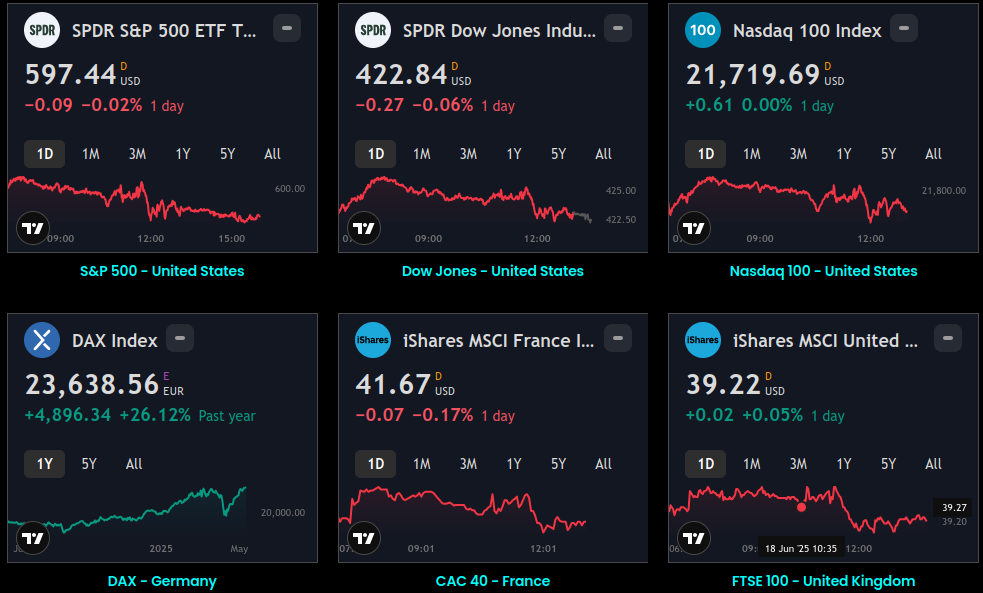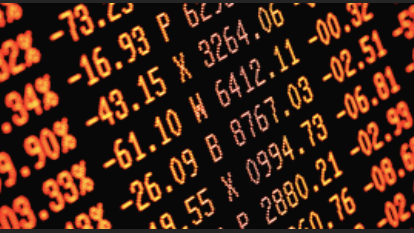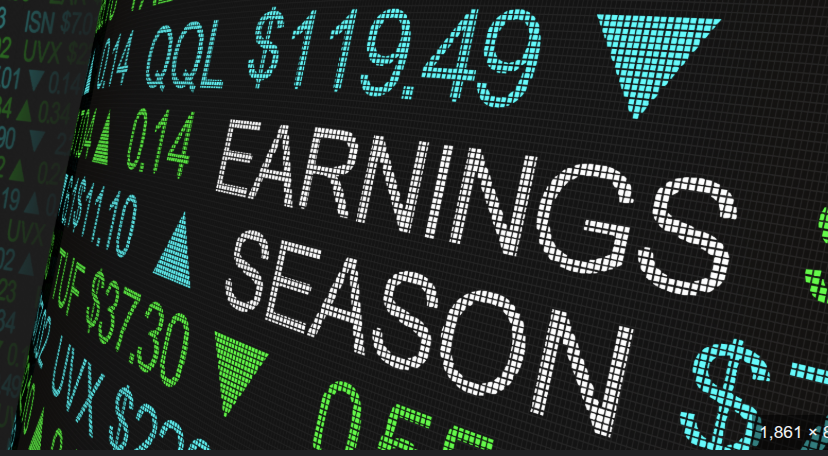WTF Dailies July 31, 2025
Trump announced the US had struck a trade deal with South Korea. The agreement includes a 15% tariff rate on imports from the country, while the US will not be charged a tariff

- US stock futures rose as Wall Street weighed a new trade deal with South Korea and strong earnings from Meta (META) and Microsoft (MSFT).
- After the bell on Wednesday, Trump announced the US had struck a trade deal with South Korea. The agreement includes a 15% tariff rate on imports from the country, while the US will not be charged a tariff, according to Trump's post on Truth Social. "South Korea will be completely OPEN TO TRADE with the United States," the president wrote. Trump said that South Korea also agreed to $350 billion in US investments as well as purchases of liquified natural gas and other energy products.
- Just before the president revealed the new trade deal, earnings results from Meta (META) and Microsoft (MSFT) wowed Wall Street, sending the stocks of both tech giants soaring. Meta impressed investors with an earnings beat as well as stronger-than-expected guidance even as the company ramps up its AI spending spree. Microsoft also issued impressive results, showcasing the company's strength in cloud computing and AI.
- Most Asian stock markets fell on Thursday, led by losses in China after weak factory activity data, while Japan stocks climbed after the Bank of Japan held interest rates steady as expected.
- Market participants remained wary of the approaching U.S. tariff deadline on August 1, when countries without trade deals would face higher duties.
- The Bank of Japan kept interest rates steady in a unanimous decision on Thursday, but signaled future rate hikes if economic growth and inflation progress as projected.
- The central bank also raised its outlook for both inflation and GDP growth in 2025.
- Japan’s Nikkei 225 traded 0.8% higher before the announcement, and remained steady after the BOJ’s move. The broader TOPIX index rose 0.7%.
- Data on Thursday showed that China’s manufacturing sector shrank more than expected in July despite improving trade ties with the United States as weather-related disruptions weighed.
- Local demand in China also remained weak, as recent stimulus measures from Beijing provided temporary relief. Non-manufacturing sectors also saw a slowdown in July. China’s Shanghai Composite index dropped 1.1%, while the Shanghai Shenzhen CSI 300 declined 0.7%.
- Hong Kong’s Hang Seng index fell 0.9% on Thursday.
- Markets remained on edge ahead of the August 1 deadline when Washington may impose new tariffs if trade deals are not finalised.
- President Donald Trump said on Wednesday that the U.S. will impose a 15% tariff on imports from South Korea. He said South Korea agreed to invest $350 billion in the U.S. and purchase $100 billion of energy products.
- South Korea’s KOSPI edged 0.4% lower on Thursday after gains in the previous session.
- Additionally, Trump signed a proclamation imposing a 50% tariff on semi-finished and copper-intensive products starting Aug. 1, citing national security concerns
- He also announced a 25% tariff plus penalties on India starting August 1, citing the country’s purchases of Russian military equipment and energy.
- Futures for India’s Nifty 50 were largely muted on Thursday.
- A Politico report stated that Trump will sign executive orders on Thursday imposing higher tariffs on countries that have failed to reach trade deals.
- Singapore’s Straits Times Index fell 0.6%, while the Philippines’ PSEi Composite declined 0.7%.
- Australia’s S&P/ASX 200 inched 0.2% lower. Data on Thursday showed that July’s retail sales jumped above expectations on higher discretionary spending.
Market Close
- Major US equity indexes closed lower today, with stocks more than reversing a 1% rally seen early in the trading session that had been ignited by encouraging tech earnings reports. Pharmaceutical companies were among the worst performers after President Trump sent letters to CEO's urging them to slash drug prices, with real estate and materials also weak spots. This follows a mixed tone in international equities overnight, and Canadian stocks were also lower over the session.
- Government bond yields and the dollar were broadly flat ahead of tomorrow's important nonfarm payrolls data, while oil prices fell, reversing some of the gains seen over the course of this week.
- Earnings reports continue to build optimism around AI. Meta exceeded sales projections over Q2 and provided more bullish forecasts for Q3 activity, with robust growth in its advertising business helping underpin aggressive AI investment plans. Microsoft, meanwhile, outlined plans to spend $30bn in the current quarter on AI data centers, with analysts seeing evidence in its results that these investments have been boosting sales. By contrast, Ford reported that its profits would fall sharply this year due to higher tariffs.
- President Trump announced a now familiar 15% tariff rate on South Korea but slapped a higher 25% levy on trade from India, while deals were reported to be in the pipeline for Taiwan, Thailand and Cambodia. Otherwise, the President announced that refined copper – the biggest category of this metal – would be exempt from a planned 50% tariff, sparking a collapse in US copper future prices. Further trade announcements are likely over the next 24 hours as we reach the administration's August 1st deadline for trade deals to be agreed. The President announced a 90 day extension to current tariff rates on Mexico, but we are still waiting for news on its USMCA trade partner Canada.
- Economic data continue to roll in, with US personal consumption up just 0.1%m/m in June, representing a subdued rebound from the 0.2% decline seen in May, as households remain cautious in the face of slowing income growth and tariff uncertainty.
- Core PCE inflation meanwhile was up 0.3%m/m, as expected, with core goods prices now up 3.7% annualized over the past three months as tariff hikes start to be felt in consumer prices. Otherwise, initial unemployment insurance claims remain reassuringly low, although a large spike in planned job cuts according to the July Challenger survey pose a risk that these might accelerate in coming weeks. Of course, the big event on the macro calendar this week will be tomorrow's payrolls report, especially with Fed Chair Powell signaling that the central bank was watching the labour market carefully for signals of stress. A weak report would add to expectations that the Fed might cut rates in September, with markets currently pricing a 40% chance of a 25bps move at this meeting.
Global Indices:

Active Stocks:

Stocks, ETFs and Funds Screener:

Forex:

CryptoCurrency:

Events and Earnings Calendar:

This daily briefing is curated from a wide range of reputable sources including news wires, research desks, and financial data providers. The insights presented here are a synthesis of key developments across global markets, intended to inform and spark thought.
No Investment Advice: This content is for informational purposes only and does not constitute investment advice, recommendation, or endorsement.
Timing Note: Each edition is assembled based on the market context available at the time of writing. Timing, emphasis, and interpretations may vary depending on global developments and publishing windows.

















